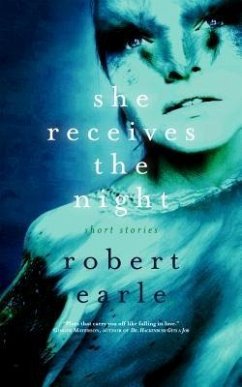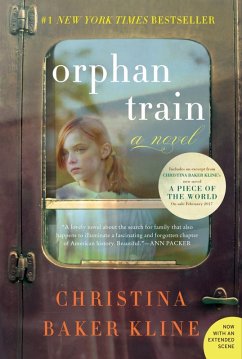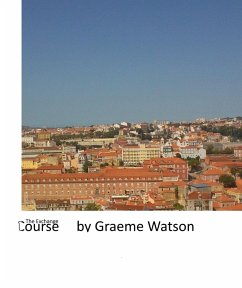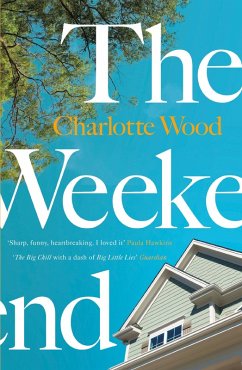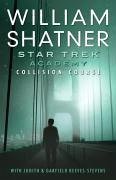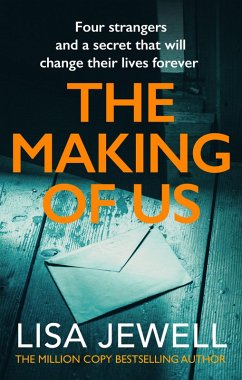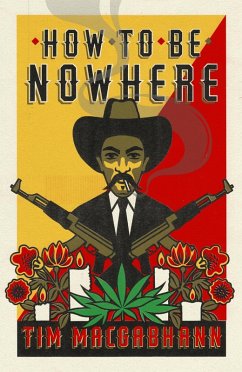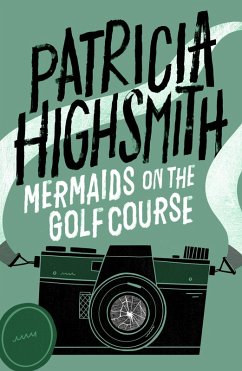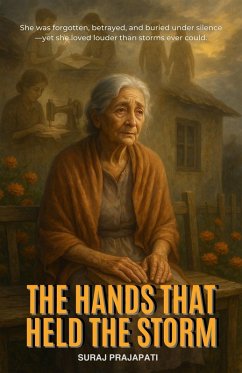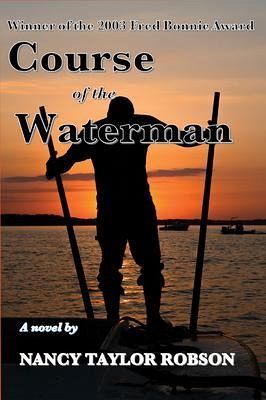
Course of The Waterman (eBook, ePUB)
Versandkostenfrei!
Sofort per Download lieferbar
5,99 €
inkl. MwSt.
Weitere Ausgaben:

PAYBACK Punkte
3 °P sammeln!
Seventeen-year-old Bailey Kraft, descended from a long line of Chesapeake waterman -- river royalty -- knows where he is going. He will "follow the water like his father, grandfather, and generations of men before him. The work is backbreaking and often dangerous yet framed by the breathtaking beauty of the Chesapeake; it is a bred-in-the-bone life. But it is also a dying livelihood. Fish stocks are plummeting and with them, the harvests. Watermen, unable to earn a living, are being forced to give up their time-honored way of life. Yet Bailey is a Kraft---river royalty---with the Kraft gift fo...
Seventeen-year-old Bailey Kraft, descended from a long line of Chesapeake waterman -- river royalty -- knows where he is going. He will "follow the water like his father, grandfather, and generations of men before him. The work is backbreaking and often dangerous yet framed by the breathtaking beauty of the Chesapeake; it is a bred-in-the-bone life. But it is also a dying livelihood. Fish stocks are plummeting and with them, the harvests. Watermen, unable to earn a living, are being forced to give up their time-honored way of life. Yet Bailey is a Kraft---river royalty---with the Kraft gift for finding fish coded into his genes. He has a sense of purpose and belonging, until the day his father shatters his lifelong plans. Suddenly, he must fight the people he loves most, including his best friend, to hang on to his birthright. Set on the Chesapeake Bay's Eastern Shore, Course of the Waterman is the coming-of-age story of Bailey Kraft; his tough and determined little sister, Hannah; his best friend, Booty; and Booty's bitter, alcoholic father, Tud. Bailey faces fear, loss, and wrenching changes; yet amidst it all, he glimpses the unexpected possibilities that life can offer.
Like the Kraft men before him, Bailey has river water in his veins, and a peculiar talent for finding fish:
the Krafts are river royalty. But every year the haul is less
impressive, and supporting a family by fishing is becoming increasingly difficult. Early in the book Bailey's father Orrin announces that he wants his son to go to college, to have options that he didn't have. This change in plan is wholly unwelcome: Bailey had expected to fish full-time after finishing high school; he would have quit school to do so had he been allowed. But responding to his father's bombshell is only the first of a great many challenges Bailey must meet in the course of the story--hard work in difficult, sometimes life threatening circumstances not least among them.
Bailey is surrounded by a handful of characters who are as vividly imagined as he is: his parents and younger sister and the Warrens, Tud and his son Booty, the latter more brother to Bailey than friend. R_obson, indeed, has fleshed out her characters and explored their interlocking relationships--all of which are changed during the course of this story--more fully than most authors can in twice as many pages. Robson's book explores the obligations of friendship and the bonds, stronger than rivalries and animosities, that hold together a community of people who need one another to survive--"the pull and haul of relationship, gift, and obligation."
Like her characters, Robson grew up on the Chesapeake, and she worked for years as a deckhand on a coastal tug. (She tells her story in Woman in the Wheelhouse.) She couldn't have written this book the way she did without that experience. Readers like myself who aren't familiar with the life she describes--most of us, surely--will encounter some unfamiliar vocabulary here, but context is sufficient to get the meaning across. The first paragraph immerses the reader at once in the life of a Chesapeake waterman:
"The trotline groaned over the roller as it came up out of the blue-black Elizabeth River on Maryland's Eastern Shore. Braced against the boat's wooden coaming, seventeen-year-old Bailey Kraft was poised, dip net ready, scanning for the bait twisted every eight feet or so into the mile-ong line. That was where the crab would be--if there were a crab. As he watched, a shadow rose from the dark water and came into focus, sharpening into olive shell and blue-green claws that clung to a frayed gray eel chunk tied to the line. When the crab broke the surface, Bailey leaned out, scooped it up, and dumped it into the bushel basket at his feet."
Like the Kraft men before him, Bailey has river water in his veins, and a peculiar talent for finding fish:
the Krafts are river royalty. But every year the haul is less
impressive, and supporting a family by fishing is becoming increasingly difficult. Early in the book Bailey's father Orrin announces that he wants his son to go to college, to have options that he didn't have. This change in plan is wholly unwelcome: Bailey had expected to fish full-time after finishing high school; he would have quit school to do so had he been allowed. But responding to his father's bombshell is only the first of a great many challenges Bailey must meet in the course of the story--hard work in difficult, sometimes life threatening circumstances not least among them.
Bailey is surrounded by a handful of characters who are as vividly imagined as he is: his parents and younger sister and the Warrens, Tud and his son Booty, the latter more brother to Bailey than friend. R_obson, indeed, has fleshed out her characters and explored their interlocking relationships--all of which are changed during the course of this story--more fully than most authors can in twice as many pages. Robson's book explores the obligations of friendship and the bonds, stronger than rivalries and animosities, that hold together a community of people who need one another to survive--"the pull and haul of relationship, gift, and obligation."
Like her characters, Robson grew up on the Chesapeake, and she worked for years as a deckhand on a coastal tug. (She tells her story in Woman in the Wheelhouse.) She couldn't have written this book the way she did without that experience. Readers like myself who aren't familiar with the life she describes--most of us, surely--will encounter some unfamiliar vocabulary here, but context is sufficient to get the meaning across. The first paragraph immerses the reader at once in the life of a Chesapeake waterman:
"The trotline groaned over the roller as it came up out of the blue-black Elizabeth River on Maryland's Eastern Shore. Braced against the boat's wooden coaming, seventeen-year-old Bailey Kraft was poised, dip net ready, scanning for the bait twisted every eight feet or so into the mile-ong line. That was where the crab would be--if there were a crab. As he watched, a shadow rose from the dark water and came into focus, sharpening into olive shell and blue-green claws that clung to a frayed gray eel chunk tied to the line. When the crab broke the surface, Bailey leaned out, scooped it up, and dumped it into the bushel basket at his feet."
Dieser Download kann aus rechtlichen Gründen nur mit Rechnungsadresse in A, D ausgeliefert werden.




